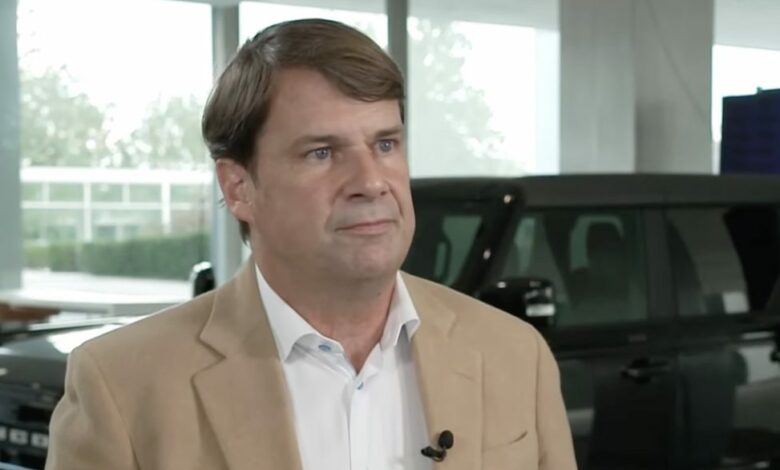Ford CEO Jim Farley Warns of Bankruptcy Risk Amid UAW’s Demands
UAW's Demands Raise Alarming Concerns for Ford's Financial Viability

As the Big Three automakers barrel towards a potential stake from the United Auto Workers (UAW) union, Ford CEO Jim Farley has shared his sentiments about the matter. During a conversation with CNBC Overtime, a seemingly exasperated Farley stated that the UAW’s demands would have resulted in Ford going bankrupt.
Farley emphasized the gravity of the UAW’s demands, which include the restoration of defined benefit pensions for all workers, a four-day workweek, and a mid-30% raise, among others, as per a report from The Wall Street Journal. Notably, the UAW had initially targeted a 40% increase in wages for its members, a figure that closely mirrored the average salary hike that Detroit automotive executives received over the past four years.
In an interview with CNBC, Farley highlighted the critical point that the UAW is not currently in negotiations with Ford, even as the union’s deadline looms. He sternly warned that proceeding with the union’s demands would undoubtedly have led Ford down a path to bankruptcy.
Farley articulated the dire consequences, stating, “If we signed up for the UAW’s request, instead of making money and distributing $75,000 in profit sharing in the last 10 years, we would have lost $15 billion and gone bankrupt by now. The average pay would be nearly $300,000 fully fringed for a four-day workweek — per employee.” He underscored that under such a system, UAW workers would potentially earn as much as six times more than fully tenured teachers, military personnel, and firefighters.
He further expressed the untenability of such a scenario, saying, “There’s no way we can be sustainable as a company. That’s why we put our proposal in two weeks ago to say, ‘Look, you want us to choose bankruptcy over supporting our workers?’ Here’s our proposal. Let’s work through this. We’ve heard nothing.”
In response to Farley’s interview, the UAW opted to use X, the social media platform previously known as Twitter, to issue a succinct response, highlighting that the executive earned $21 million in the previous year.



